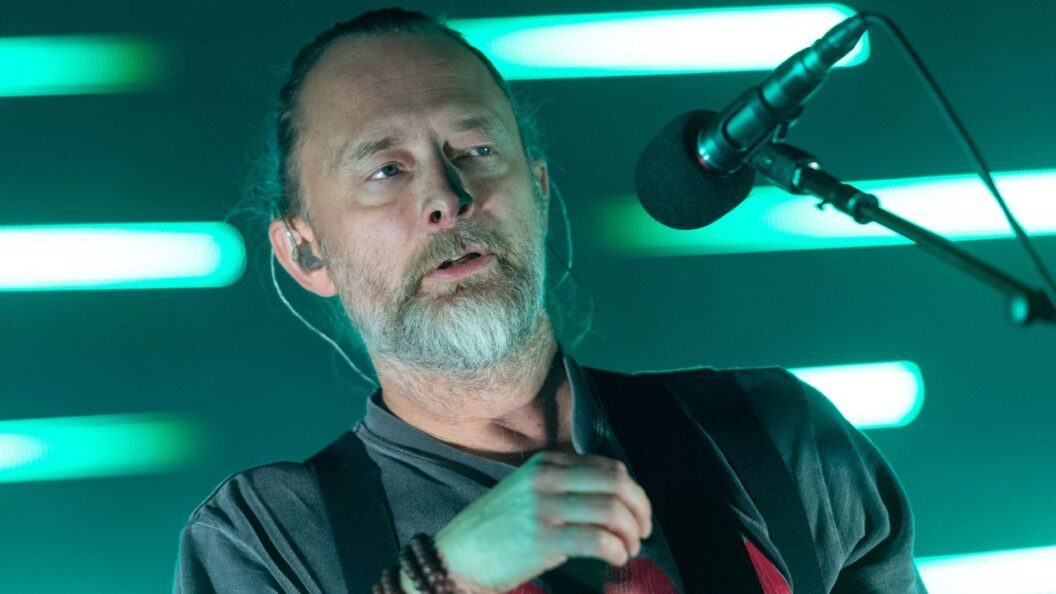The Impact of Recent Events on the Music Industry: A Reflection by Thom Yorke
In the wake of the tragic events that transpired on October 7th, renowned Radiohead frontman Thom Yorke has shared poignant reflections on the state of society, the role of artists, and the responses to cultural and political crises. His insights underscore the complexities of humanitarian suffering, social media dynamics, and the urgent need for meaningful dialogue in times of conflict.
Understanding Complexity Amidst Crisis
The October 7th attacks, attributed to Hamas, have prompted varied interpretations and reactions. Yorke suggests that Hamas exploits the suffering of its people to further its own agenda, complicating public perceptions and responses. He argues that while sympathy for the victims is essential, an equally important discussion revolves around the tactics used by militant groups and their implications for innocent civilians.
Yorke asserts that polarization and social media witch-hunts exacerbate tensions. Platforms often amplify simplistic narratives, pressuring artists to take a stand when the situations at hand are much more nuanced. He emphasizes that shallow condemnations and divided rhetoric undermine the possibility for genuine debate and understanding.
The Dangers of Polarization
Yorke critiques the tendency to equate extremists with the broader communities they claim to represent. Such assumptions, he argues, lead to an “us versus them” mentality, fostering isolation and despair. This dynamic not only fuels extremism but also stifles hope for resolution. He calls attention to the broader societal implications, indicating that when artists and individuals engage in blanket condemnations, they contribute to a toxic environment that fuels fear and bitterness.
In his view, the solution lies not in furthering divisions but in recognizing shared humanity. Yorke emphasizes the importance of dialogue and common ground as essential tools for moving past conflict.
The Illusion of Quick Responses
Yorke expresses concern about the idea that reposting messages or making superficial statements on social media can effect change. He maintains that such actions often lack substance and can lead to misunderstandings and unintended consequences. This critique serves as a reminder that in striving to respond to crises, it is imperative to engage in thoughtful discourse rather than reacting impulsively or emotionally.
He acknowledges the difficulty in finding a resolution to these complex challenges, stating, “We are in uncharted waters.” This sentiment reflects a wider feeling of uncertainty felt across various communities, and a yearning for deeper understanding rather than shallow exchanges.
A Call for Humanity and Dignity
Yorke concludes with a heartfelt appeal for an end to suffering and violence. His hope is that people, regardless of their backgrounds, will reclaim their humanity and strive for understanding in what he describes as “dark times.” He believes that only through collective effort and empathy can society progress towards peace.
His closing thoughts serve as a hopeful reminder that despite the overwhelming adversity, there is potential for a brighter future if individuals can transcend divisions and focus on the core values that unite humanity.
Significance and Implications for the Music Community
Yorke’s reflections resonate beyond the music industry, highlighting the delicate interplay between art, activism, and societal issues. As artists increasingly grapple with their role in political discourse, Yorke’s perspective offers a critical foundation for understanding how to engage responsibly amidst contemporary challenges.
Given the prominence of digital communication, the responsibility of artists and public figures to navigate these conversations is more pressing than ever. As Yorke demonstrates, the music community can serve as a unique platform for fostering empathetic dialogue and advocating for a more inclusive approach to conflict resolution.
In an era marked by rapid communication and divisive rhetoric, it is crucial for artists and audiences alike to seek not just to react, but to listen, understand, and connect — paving the way toward healing and mutual respect in a fractured world.









